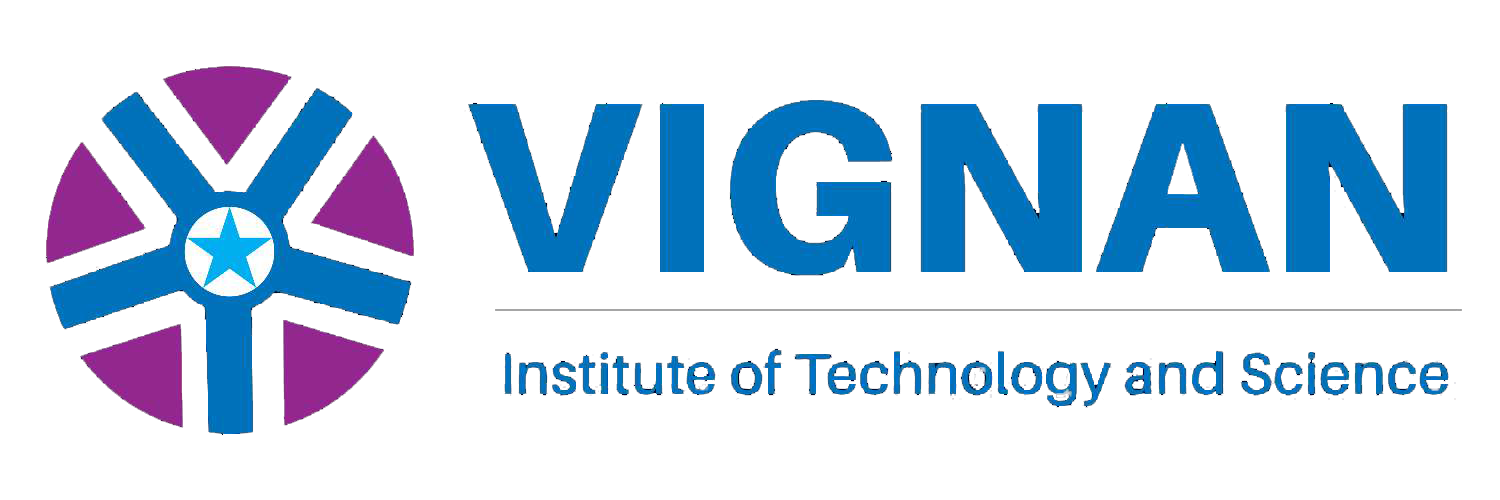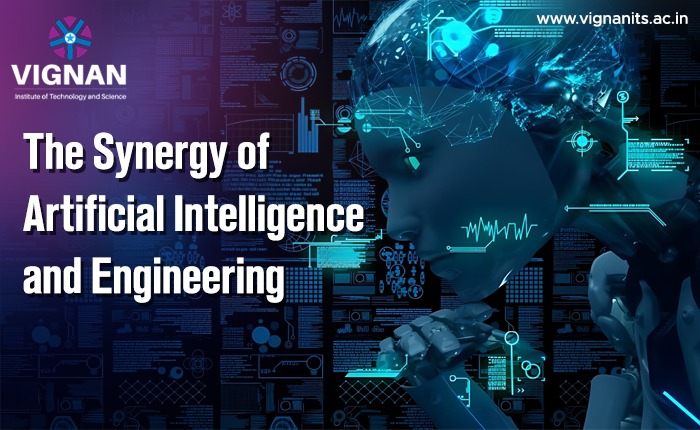Introduction
The marriage of artificial intelligence (AI) and engineering has given rise to a new era of innovation, transforming industries and redefining the boundaries of what’s possible. This partnership is reshaping the landscape of engineering practices, from design and analysis to optimization and decision-making. This article explores the dynamic relationship between artificial intelligence and engineering, highlighting its applications, challenges, and the boundless potential it holds for shaping the future.
The Confluence of AI and Engineering
Artificial intelligence, characterized by the ability of machines to learn, reason, and make decisions, has found a natural ally in the world of engineering. Engineers are harnessing AI’s capabilities to address complex challenges, streamline processes, and drive efficiency.
Design and Optimization
AI algorithms are revolutionizing the design process. They can analyze vast datasets to generate innovative concepts and optimize designs based on specified parameters. This not only speeds up the design cycle but also leads to more efficient and cost-effective solutions.
Predictive Analysis and Simulation
AI-powered predictive analytics enable engineers to anticipate system behavior and performance outcomes. Simulations enriched with AI can model intricate scenarios, allowing engineers to foresee potential issues, adapt designs, and make informed decisions before construction begins.
Enhancing Manufacturing and Automation
AI is driving the transformation of manufacturing with predictive maintenance, quality control, and robotic automation. Machine learning algorithms analyze data from sensors to predict equipment failures, while robots equipped with AI systems enhance precision and adaptability on the factory floor.
Energy Efficiency and Sustainability
AI-driven technologies are contributing to sustainable engineering solutions. Smart energy grids, for example, use AI algorithms to balance energy supply and demand efficiently, reducing waste and optimizing renewable energy integration.
Challenges and Ethical Considerations
While the fusion of AI and engineering offers unprecedented possibilities, challenges abound. Ethical concerns surrounding bias in AI algorithms, data privacy, and the potential for job displacement in industries ripe for automation need to be carefully addressed.
Education and Skill Evolution
The partnership between AI and engineering necessitates a workforce with new skills. Engineers must understand the capabilities and limitations of AI, data analysis, and programming to effectively leverage these tools.
Human-AI Collaboration
Rather than replacing engineers, AI is augmenting their capabilities. Engineers can focus on creative problem-solving, while AI handles data analysis, pattern recognition, and optimization tasks.
Future Prospects
The future of AI and engineering is incredibly promising. As AI technologies continue to evolve, we can expect even more sophisticated tools that empower engineers to tackle complex challenges and unlock new realms of innovation.
Conclusion
The integration of artificial intelligence and engineering is shaping a new paradigm of possibility and progress. This synergy is redefining how we design, build, and interact with the world around us. As engineers continue to harness the power of AI, the boundaries of engineering excellence are expanding, creating a future that’s not just technologically advanced, but also remarkably efficient, sustainable, and transformative.

